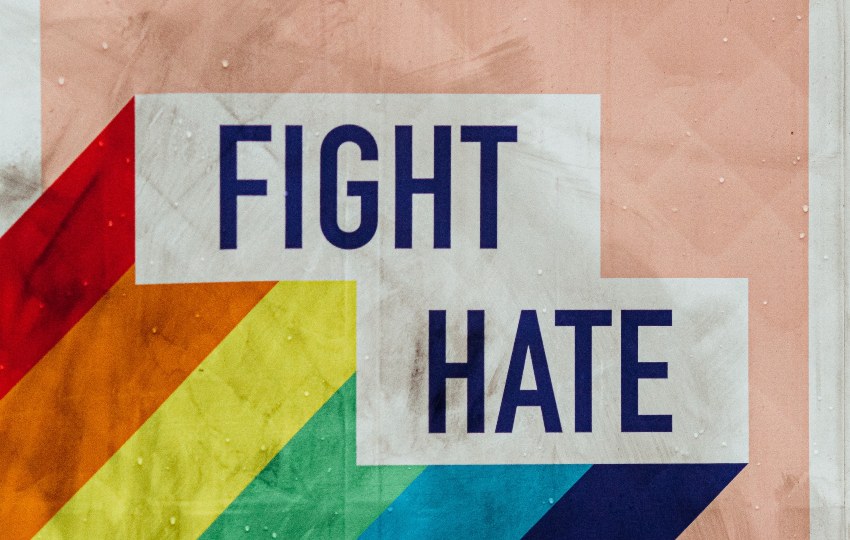At a first glance, one would expect homophobia in schools not to exist. However, the reality is far from the truth. Schools often become the playgrounds where sexist and homophobic attitudes flourish and where members of the LGBTQI+ community often become targets of verbal or physical violence. But how is this possible? Isn’t schools supposed to be places of acceptance and learning?
Why is there homophobia in schools?
Schools are nothing more than empty vessels without their students, and there is so much diversity in the student community based on their origin, upbringings, and experiences. For example, not everyone shares common values or has the same opinion about their gay fellow students. In rare cases, even teachers or school staff exhibit sexist and homophobic attitudes, which are unacceptable. In most cases, they will face the consequences of their actions since this behaviour is not appropriate for a school environment.
There is a big question that remains to be answered. Can we make our schools free from homophobia? Can we make the student community, who are the citizens of tomorrow, become more accepting of homosexual and trans people? If this happened, their health and well-being would increase tremendously.
This article will explore whether more education on this matter could reduce incidents of homophobia in schools.
Can more education on the topic eliminate homophobia in schools?
I can’t think of a scenario where more education on any topic would be bad. Especially when it concerns the lives and well-being of the LGBT people who are our friends, family, and neighbours. That is why it is important for schools to have LGBT-relevant education alongside their sex education classes and not neglect to discuss LGBT issues. Speaking of LGBT issues should be normalized so that it stops being taboo or having bad connotations.
In a study conducted in 1993, researchers found that, indeed, education can change the homophobic attitudes of college students. Researchers created two random groups in a population of students from a US Catholic University who watched two separate videos about homosexuality from a biological and one from a moral/religious perspective. Immediately after seeing the videos, they were given questionnaires about homosexuality. The findings were really interesting.
Those who viewed the biological perspective were less homophobic than those who watched the moral/religious video. At the same time, men were found to be more homophobic than women.
This example shows us that schools can influence people’s attitudes towards homophobia. It all boils down to what they see or hear daily at school. If schools choose to be silent about the LGBTIQ+ community, like it is non-existent, students will only know one side of the story, usually accompanied by false claims. This ultimately leads to ignorance and homophobic behaviour in schools that can result in verbal or physical abuse.
FREASCO: Free from sexism and sexual harassment at school

FREASCO is an EU-funded programme under the Rights, Equality and Citizenship Programme (REC) to tackle gender-based stereotypes and consequences like sexual harassment and homophobic violence within educational institutions and universities.
By highlighting stereotypes as the main problem, FREASCO seeks to:
- raise awareness;
- create a qualitative self-assessment tool for schools and universities to measure the intensity of gender-based biases and sexism.
Specifically, this organizational self-assessment procedure will do the following:
- consider whether internal practices and support systems against gender-based violence are effective;
- monitor progress in the areas of sexual harassment and homophobic violence;
- establish a baseline;identify gaps and challenges;
- suggest ways of identifying them and new strategies; and list good practices.
This tool will be the first step in defining a “quality label” for schools and universities that meet some basic requirements. The technique has significant parallels that are consistent with the goals of the organizational “gender audit.”
At iED, we are proud of our achievements in promoting gender equality and combating violence based on sexual orientation in society. We are more eager than ever to improve the situation for millions of Greek and European victims of homophobic behaviour.
Are you interested in improving the quality of life of millions irrespective of their sexual orientation? You can contact us to discuss partnerships for EU funding on this topic.

